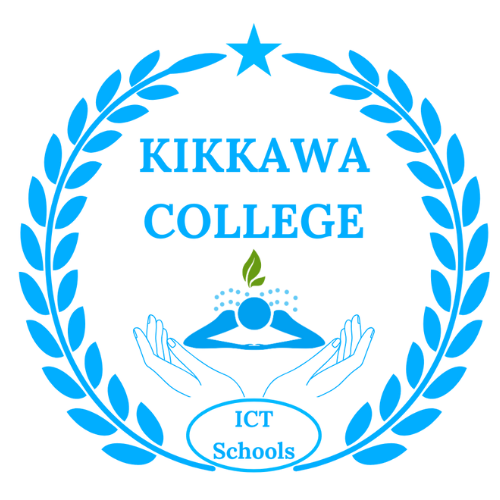Trauma-Informed Massage – Introduction
While massage therapy is widely known for its physical benefits, it also plays a powerful role in supporting mental health. In recent years, Canadian healthcare professionals have increasingly recognized the connection between body and mind—especially in treating trauma, anxiety, and depression. ICT Schools’ Massage Therapy Diploma teaches students how therapeutic touch can complement psychological care, creating a holistic healing experience for clients who are navigating emotional challenges.
The Mind-Body Connection in Practice
Massage therapy stimulates the parasympathetic nervous system—the part responsible for rest and relaxation. This can help regulate breathing, reduce cortisol levels, and stabilize mood. For individuals living with post-traumatic stress disorder (PTSD), chronic anxiety, massage can be a grounding, non-verbal tool for managing emotional overload.
ICT’s curriculum trains students to recognize the psychosomatic aspects of care, such as:
- Muscle Tension Linked to Stress: Chronic tightness in the neck, shoulders, and back often reflects emotional strain.
- Touch Deprivation: Therapeutic, respectful touch can provide comfort and a sense of safety, especially for isolated clients.
- Trauma-Informed Practice: Students are taught to recognize trauma responses and adjust treatments accordingly—using consent-based techniques, clear communication, and client-led sessions.
Trauma-Informed Massage – Curriculum Highlights in Mental Health Support
ICT integrates key mental health competencies into its massage therapy training:
- Psychology for Massage Therapists: Understanding the emotional and cognitive dimensions of care
- Boundaries and Ethics: Navigating physical and emotional space respectfully
- Therapist Self-Care: Learning to manage emotional load and prevent burnout
Students also learn how to collaborate with psychologists, social workers, and occupational therapists in integrated care settings.
Clinical Experience with Mental Health-Focused Clients
Our teaching clinics often serve clients coping with stress-related illnesses, chronic fatigue, or trauma recovery. Students gain hands-on experience in:
- Managing client anxiety during sessions
- Adapting techniques for clients with dissociation or sensory sensitivity
- Offering supportive communication during emotionally vulnerable moments
They’re supervised by licensed instructors who model professionalism, empathy, and therapeutic neutrality.
Career Paths in Mental Health-Oriented Massage
Graduates of the Massage Therapy Diploma program can work in:
- Holistic wellness centers
- Addiction and trauma recovery programs
- Chronic illness and cancer support services
- Mental health retreats
- Private practice with a focus on emotional wellness
Many RMTs build specializations around emotional healing, partnering with psychotherapists and mind-body coaches to provide well-rounded care.
Conclusion
A Massage Therapy Diploma from ICT Schools prepares you not just to treat muscles—but to support the whole person. For clients healing from mental health challenges, a skilled, trauma-informed massage therapist can offer peace, grounding, and relief. If you’re drawn to healing with compassion and science, this program offers the perfect foundation for a career in therapeutic care.






